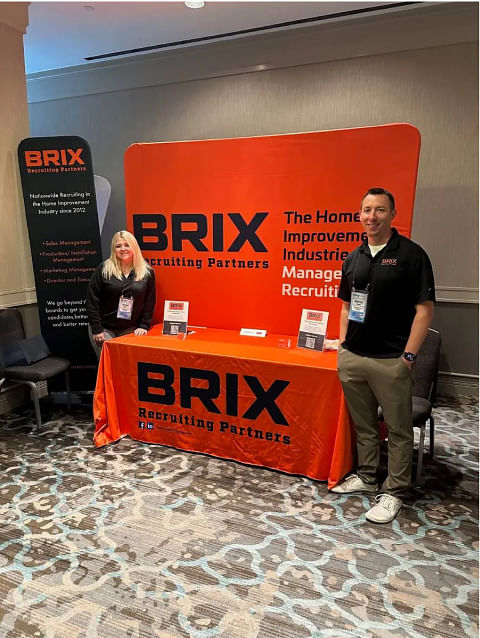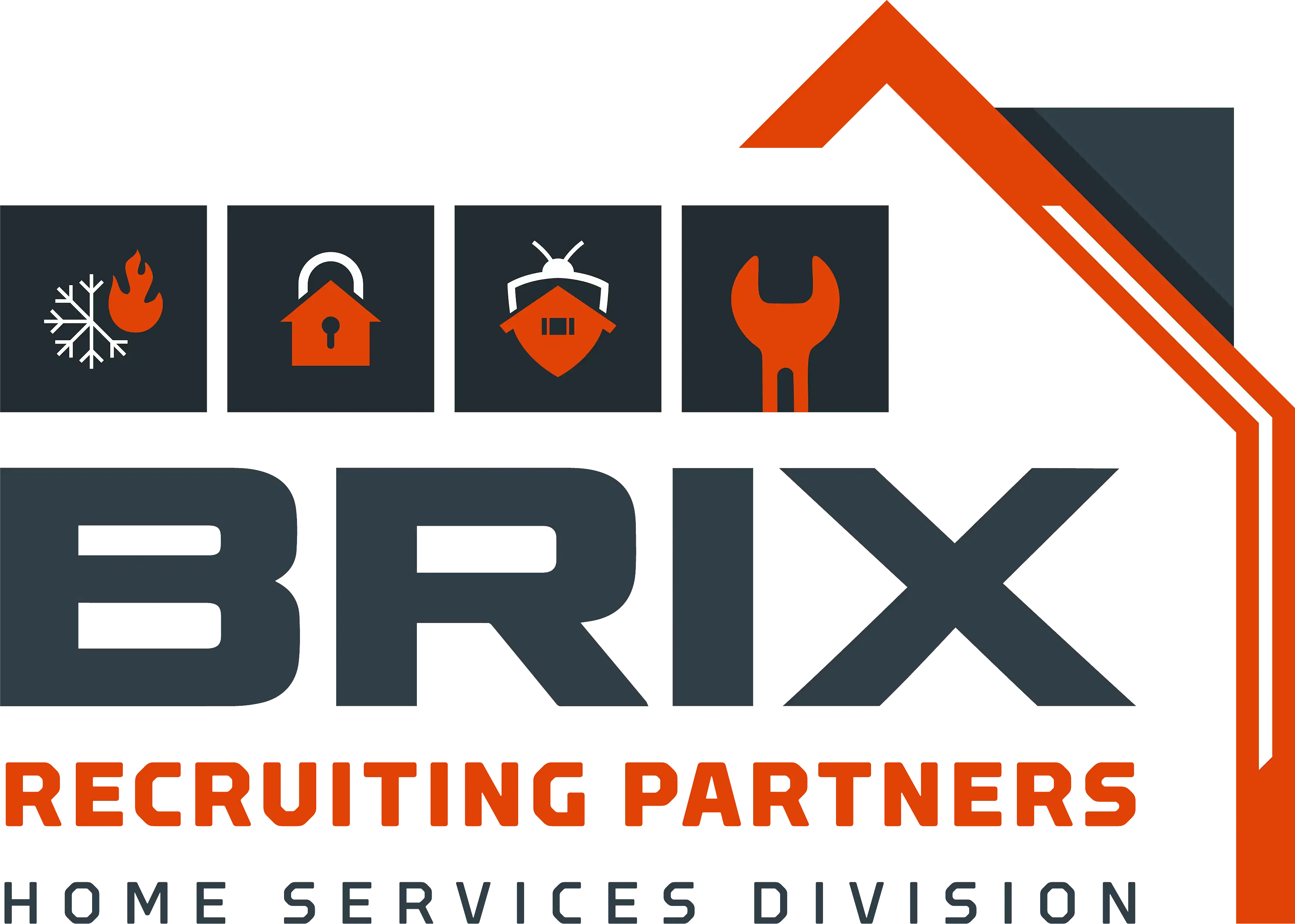By Deanna Hartley
Forget about what you think you know about aging. You've heard the adage "Age is just a number," right? Well, if you're an employer, it may be worthwhile to reflect on the depth of that statement for a moment. There's so much more to a person than his or her age, but it requires a fundamental shift in thinking to look beyond just the number.
Employers who are looking to successfully integrate up to five different generations in today's workforce must overcome certain stereotypes or preconceived notions we all have of workers of different ages.
One way to do so is by thinking about workers' needs in terms of the various stages of life they might be going through -- which isn't necessarily reflective of one's age, according to Jacquelyn B. James, a personality and developmental psychologist and co-director of research, primary data studies at the Sloan Center on Aging & Work at Boston College.
"Somebody in their 40?s, for example, can be a grandmother for the first time or a brand new parent for the first time -- that's a life stage difference that matters a whole lot more than age," James says. "Somebody who's 50 years old getting ready to go out there on the job market would be an early career person and would be more similar to another early career person who's in her 30?s than she would be to somebody who's been in the company for a long time who's in her 50?s."
Taking a look at workers through the lens of life stage can be a relatively new concept for some employers, but doing so can help them manage the kind of diversity that exists in the modern workplace.


